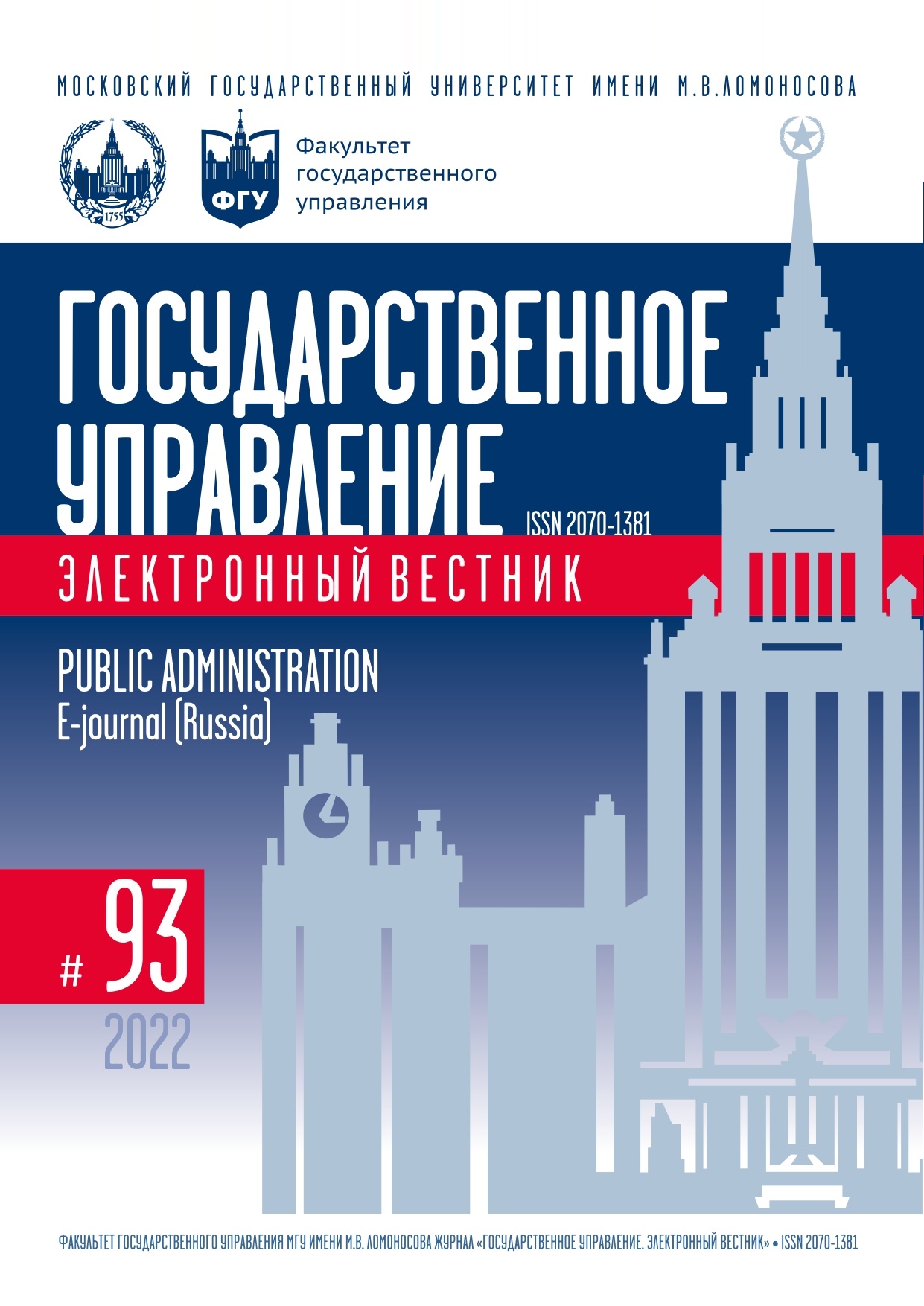Analysis of Community Approaches in Digital Economy Field and Its Social Implications
Keywords:
Communities, digital economy, digitalization, digital optimism, digital skepticism, digital capitalismAbstract
The spread of digitalization has affected and changed economic processes around the world. The digital economy gets its impetus from communities of enthusiasts who develop and implement new technological solutions. Сommunities are engaged in the creation and implementation of digital products and play a significant role. The relevance of the chosen research subject is dictated by the fact that such communities are the main creators of digital economy products: digital technologies were made possible by the work of close circles of enthusiasts who jointly developed a technology or product, and then brought ideas to market through startups and technology companies or influenced society through non-profit projects. Therefore, when studying trends in the digital economy, it is necessary to consider the values and motives of the communities that generate and disseminate innovations, as well as their impact on society. Thus, the main subject of this article are the values of the IT communities — which are involved in the creation of digital products and manage innovation, — and values embedded in their group formation and reflected in their functioning in the digital environment. The aim of the study is to typologize and analyze the communities that realize their subjective actions in the field of the digital economy. Answering the question of what exactly the consequences of digitalization for society are, the authors analyzed the types of strategies of the communities that form the digital economy. In the course of the research, three strategic directions were identified, which determine the development of technological products and their further impact on society: digital optimism, digital skepticism, and digital capitalism.
References
Аржаных Е.В., Задорин И.В., Колесникова Е.Ю., Гуркина О.А., Новикова Е.М., Мальцева Д.В. Роль виртуальных социальных сетей в жизни современного школьника. М.: [б.и.], 2014.
Ильин В.И. Общество потребления: теоретическая модель и российская реальность // Мир России. Социология. Этнология. 2005. Т. 14. № 2. С. 3–40.
Трубицын О.К. Формирование креативного класса и закат “государства развития” // Вестник томского государственного университета. Философия. Социология. Политология. 2012. № 2 (18) С. 92-98.
Френц М., Ламберт Р. Открытые и закрытые инновации: сравнительный анализ национальных практик // Форсайт. 2008. Т. 2. № 3. С. 16–31.
Эскиндаров М.А., Масленников В.В., Масленников О.В. Риски и шансы цифровой экономики в России // Финансы: теория и практика. 2019. Т. 23. № 5. С. 6–17. DOI: 10.26794/2587-5671-2019-23-5-6-17
Benkler Y., Nissenbaum H. Commons-based Peer Production and Virtue // The Journal of Political Philosophy. 2006. № 4 (14). Р. 394–419. DOI: 10.1111/j.1467-9760.2006.00235.x
Gesing B. Sharing Economy Logistics. Rethinking Logistics with Аccess over Оwnership. Troisdorf: DHL Customer Solutions & Innovation, 2017.
Ghaemi S.N. Digital Depression: A New Disease of the Millennium? // Acta Psychiatrica Scandinavica. 2020. Vol. 141. Is. 4. P. 356–361.
DOI: 10.1111/acps.13151
Monteiro М. Ruined By Design: How Designers Destroyed the World, and What We Can Do to Fix It. San Francisco: Mule Design, 2019.
Rao V. Breaking Smart: Season One: How Software is Eating the World. 2018. URL: https://breakingsmart.com/en/season-1/
Vaskelainen T., Tura N. Exploring Problems Associated with the Sharing Economy // Electronic Journal of Business Ethics and Organization Studies. 2018. Vol. 23. № 1. P. 37–45.

